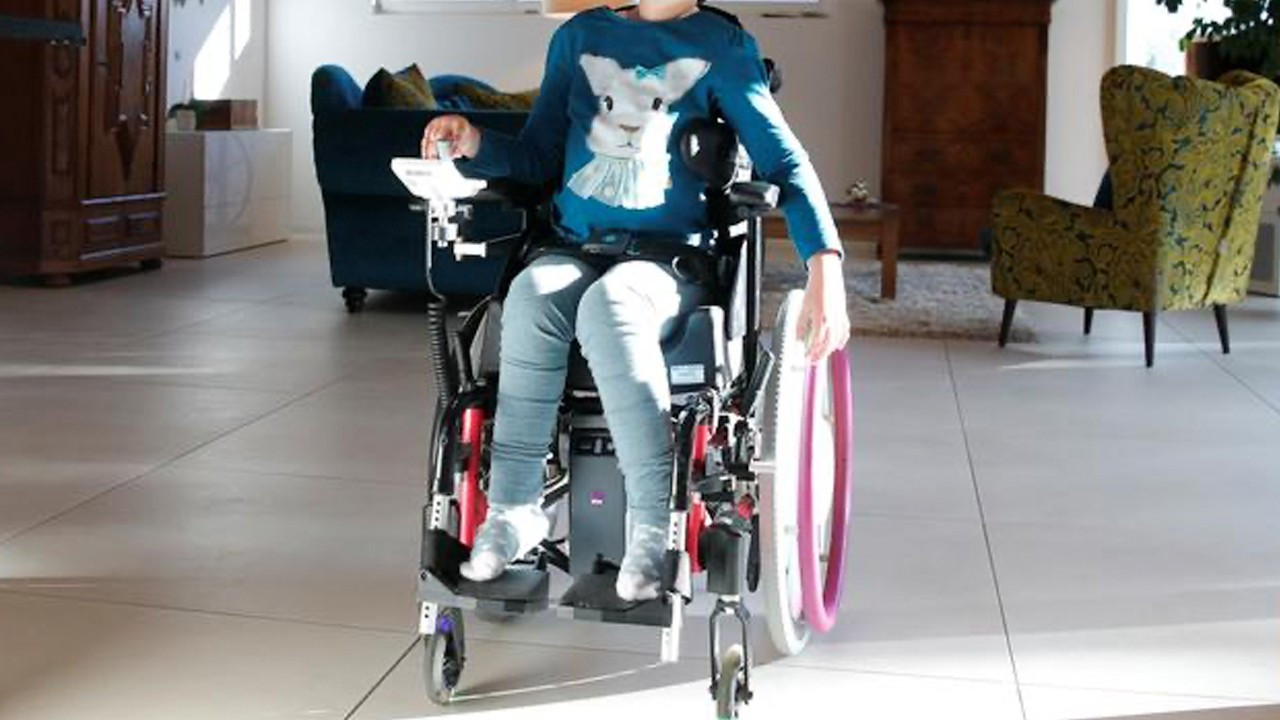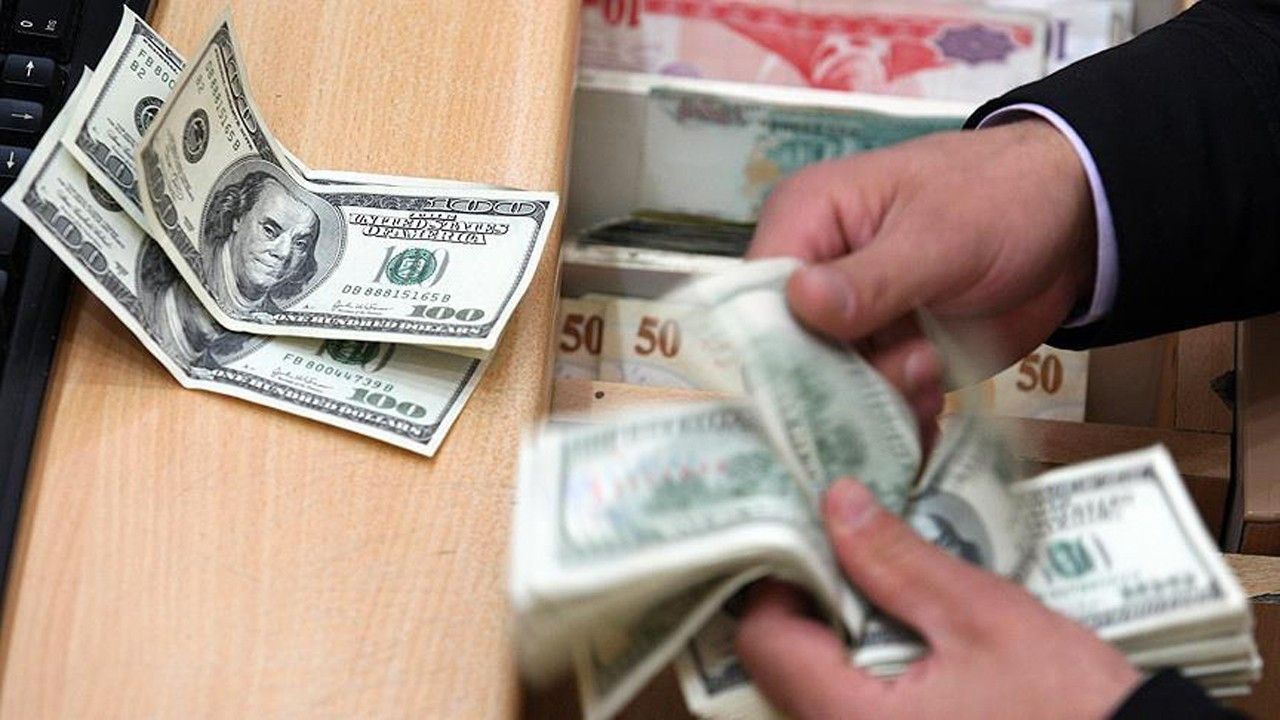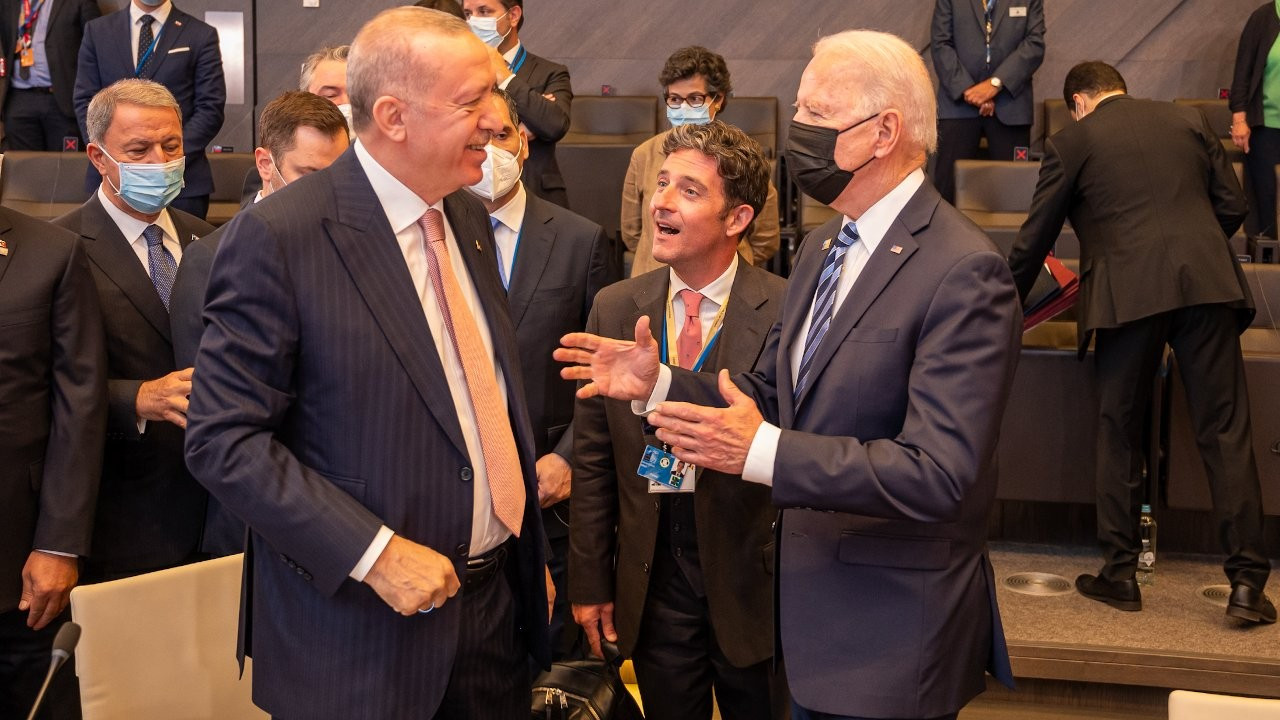Turkish lira devaluation puts children with Spinal Muscular Atrophy at risk
As the Turkish lira’s value plummets against the dollar and euro, families who’ve had to fundraise for million-dollar treatments for Spinal Muscular Atrophy (SMA) are watching their proceeds melt away. Each day the lira loses value, their dreams of treating their children are further away.
Serkan Alan / DUVAR
The current devaluation of the Turkish Lira against the dollar and euro is having a dire effect on the families of infants with Spinal Muscular Atrophy (SMA). These families, who in recent years have been forced to fundraise millions of dollars for gene therapy to treat the rare infant muscular disorder, are watching the value of donations melt away as the lira continues to fall.
SMA affects over two thousand infants in Turkey and is fatal if left untreated. The most effective treatment for the disease is a drug called Zolgensma, which is not covered by state insurance in Turkey. The drug - one of three approved to treat SMA - is gene therapy and unsubsidized costs between $1.8 and $2.2 million. As a result, Turkish families desperate to treat their dying infants have turned to online fundraising. There’s just one problem - the Turkish lira has lost over 11% of its value in the past year, meaning donations collected in lira (to buy a drug in dollars) have lost over 11% of their value, as well.
The family of 19-month old Aren Kaya, who has SMA Type 1, started a fundraising campaign for Zolgensma on November 5, 2020. 42% of the $1.8 million needed for his treatment has been collected so far.
On the day the campaign began, the Turkish lira was valued at 8.43 against the dollar. Today, it has risen to 9.32 - a 10% decrease in value. The family’s $1.8 million fundraising goal has also risen more than 2 million lira from 15,764,000 Turkish lira to 17,428,000 Turkish lira.
Vahap Kaya, Aren Kaya’s father, explained the difficulty of fundraising for treatment in an ever-worsening economic environment.
“You are collecting money for your child's campaign, but the percentage of your campaign target you’ve achieved does not increase because the foreign exchange rate is increasing,” he said, “Currency has been on the rise for years, but if you ask, ‘does the increase in the foreign exchange rate really hurt anybody?’ it is so hurtful to me.”
He acknowledged that the economic crisis affects everyone, but highlighted its particularly pernicious effect on his family.
“Everyone is bound to be touched by the increase in the foreign exchange rate. With the increase in food and fuel [prices] everyone feels it equally,” Kaya said, “But our child’s life is at stake. As the exchange rate increases, my child’s hope of holding on to life is destroyed.”
Kaya and his family are forced to beg for donations on social media each day, he said. He argues that the state should support his child’s health, not voluntary donations. The Turkish state only funds SMA treatment with Spinraza, which families of children with SMA say is not as effective.
“If I am a citizen of the Republic of Turkey, if I fulfill all my civic duties, the structure we call the state should also cover the health expenses of my child,” Kaya said, “I'm so ashamed, as a citizen. I shouldn't have had to go door-to-door begging.”
The family of 11-month-old Esila Anlaç, who has SMA Type 1, has also been fundraising for her treatment on social media since last year. They began raising money for her $2.2 million Zolgensma therapy on December 4, 2020, and have raised only 11% of the money needed so far.
When Esila’s campaign began, the Turkish lira was at 7.77 to the dollar - in other words, the treatment in total would cost 16,940,000 Turkish lira. Now, with the lira at 9.32 to the dollar, the family needs 20,504,000 lira for gene therapy.
Goals creeping further away
Esila’s mother, Senem Anlaç, said that the family is entirely dependent on donations for her daughter’s treatment. Anlaç’s husband is a carpet washer in Gaziantep, in southeastern Turkey, and she is unable to work due to Esila’s medical condition. Every day they raise money, they transfer it immediately from the Turkish lira to foreign currency. However, they still have to watch their goal creeping further and further away.
Anlaç has considered other methods of fundraising, such as community markets, but says her local municipality of Gaziantep has not given her and her family support.
“All deputies and mayors from 80 of 81 [Turkish] provinces support children and protect the children in their own country. But they don't in ours,” Anlaç said, “We don’t see any support from Gaziantep [municipallity]. If I hang a poster for my child, the police tear the poster down. They give us permission to set up a stand in a low-traffic place. We ask for support and understanding.”

 Ankara vilifies social media campaign launched by opposition to help kids with SMAHealth
Ankara vilifies social media campaign launched by opposition to help kids with SMAHealth Turkey’s lira sinks to new low on rate-cut concernsEconomy
Turkey’s lira sinks to new low on rate-cut concernsEconomy Lira weakens after Erdoğan says stance on S-400s remains unchangedEconomy
Lira weakens after Erdoğan says stance on S-400s remains unchangedEconomy